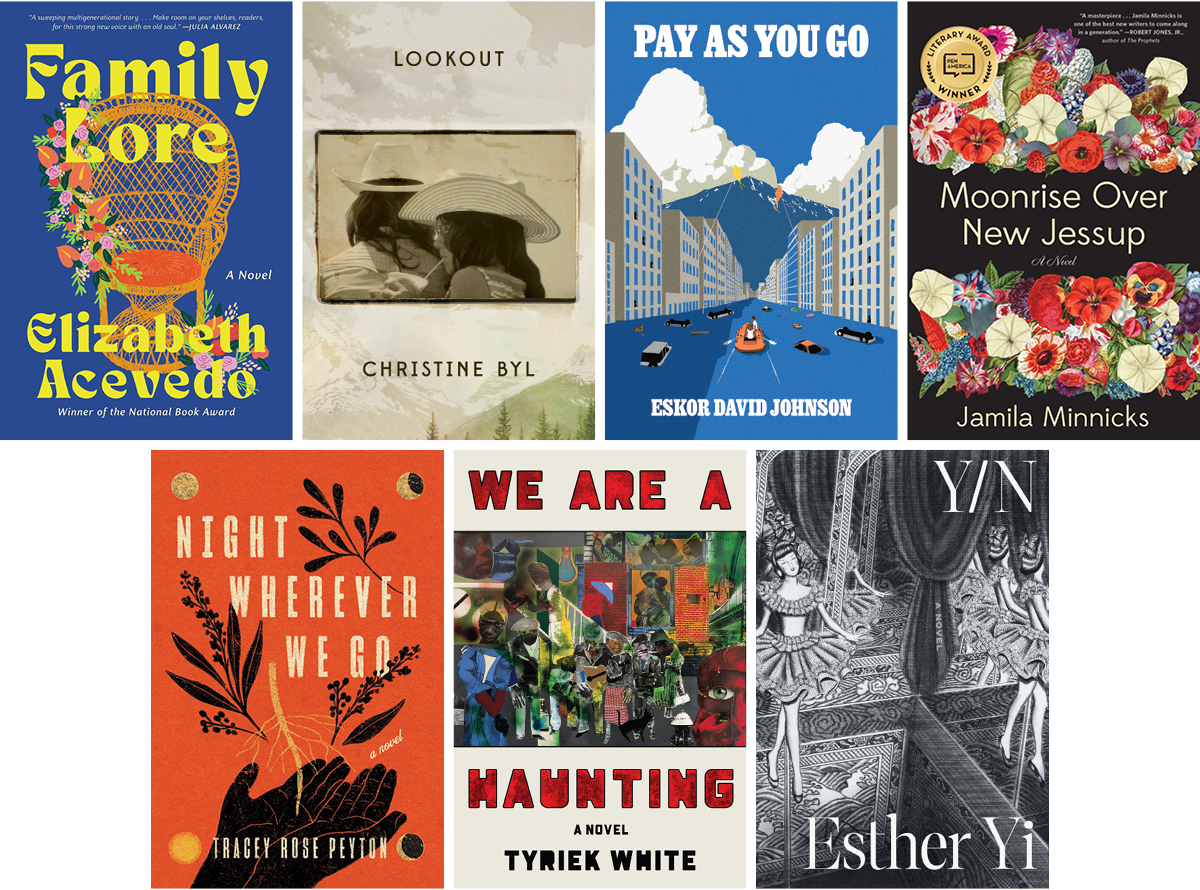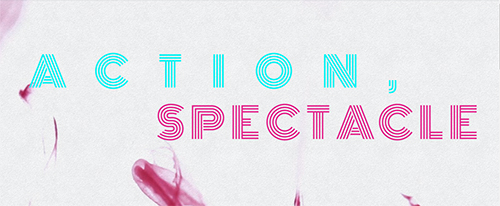Sympathy for the Devil
“The more surmountable flaws your characters have, the better readers will connect with them,” writes Jordan Rosenfeld in Writing the Intimate Character: Create Unique, Compelling Characters Through Mastery of Point of View (Writer’s Digest Books, 2016), a craft book exploring character development and point of view. How do readers sympathize with a character who has committed terrible acts? Explore this notion by writing a short story with a character traditionally perceived as the antagonist. Delve into the gray area between hero and villain, evoking sympathy for an otherwise unlikable character. Unravel the complexities of your character’s choices and look for the humanity and relatable flaws that will challenge and connect with readers.






